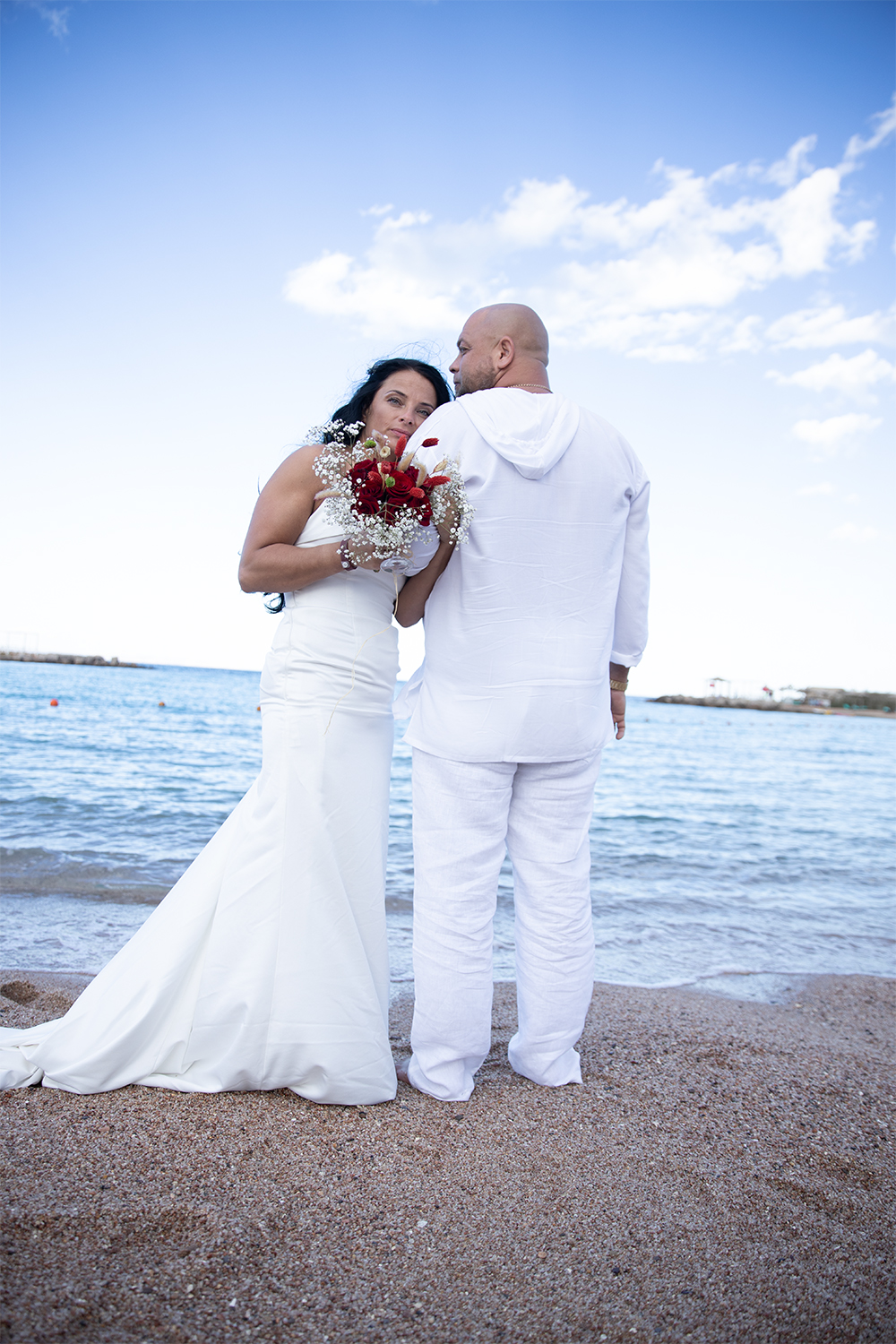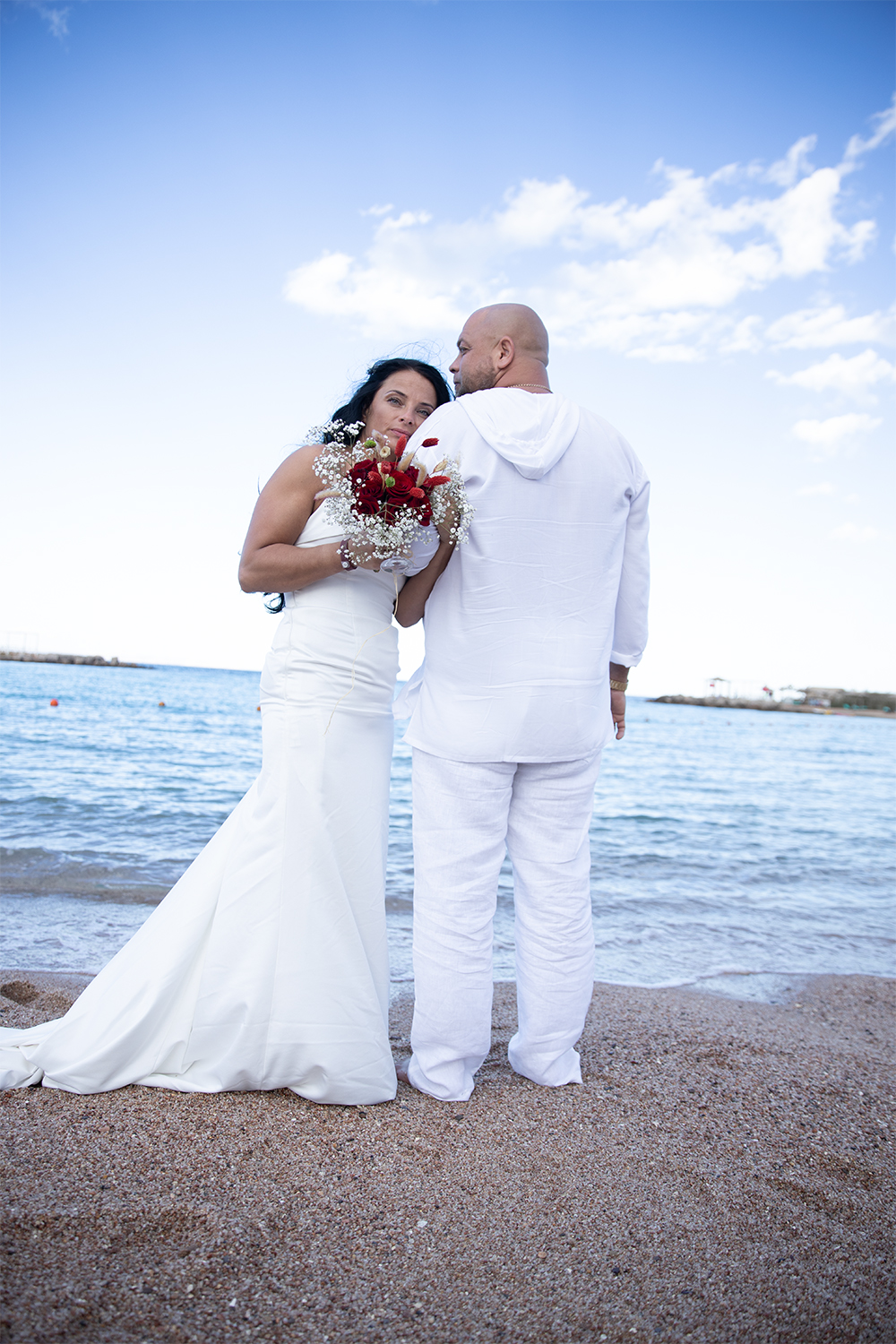Wedding planners are professionals who help couples plan and organize their wedding day. They are responsible for ensuring that everything runs smoothly and that the couple’s vision for their special day is brought to life. Wedding planning can be a stressful and overwhelming experience, which is why many couples choose to hire a wedding planner to take care of the details.

What Are The Responsibilities of a wedding Planner?
One of the main responsibilities of a wedding planner is to work closely with the couple to understand their vision for their wedding day. This involves meeting with the couple to discuss their preferences, such as the type of venue they want, the style of decor they like, and any specific cultural or religious traditions they want to incorporate into their ceremony. The wedding planner will then use this information to create a detailed plan for the wedding day.
Another important aspect of a wedding planner’s job is vendor management. This involves sourcing and coordinating with various vendors such as caterers, florists, photographers, and musicians. The wedding planner will negotiate contracts with these vendors on behalf of the couple, ensuring that they get the best possible prices and services. They will also manage communication between vendors to ensure that everyone is on the same page and that everything runs smoothly on the day of the wedding.
On the day of the wedding, a wedding planner’s role shifts from planning to execution. They will oversee all aspects of the event, from setting up decorations to coordinating with vendors and managing any issues that arise. This allows couples to relax and enjoy their special day without having to worry about anything going wrong.
In addition to these core responsibilities, there are many other tasks that a wedding planner may take on depending on the needs of each individual couple. For example, some couples may require assistance with guest list management or RSVP tracking, while others may need help creating a timeline for their big day.
Overall, hiring a wedding planner can be an invaluable investment for couples who want to ensure that their special day goes off without a hitch. Not only do they take care of all the details so that couples can focus on enjoying themselves, but they also bring years of experience and expertise in event planning.
There are several different types of wedding planners available depending on your needs and budget. Full-service planners offer comprehensive planning services from start to finish, while partial planners provide assistance with specific aspects such as vendor management or decor design. Day-of coordinators are another option for couples who have already planned most aspects of their wedding but need someone to oversee everything on the actual day.
When choosing a wedding planner, it’s important to do your research and find someone who has experience working with weddings similar in size and style to yours. You should also make sure you feel comfortable communicating openly with them since you’ll be working closely together throughout your engagement period.
In terms of cost, hiring a wedding planner can range anywhere from several thousand dollars for full-service planning down to just a few hundred dollars for day-of coordination services. While this may seem like an added expense at first glance, many couples find that hiring a professional saves them money in the long run by helping them negotiate better deals with vendors and avoiding costly mistakes.
Ultimately, whether or not you decide to hire a wedding planner is up to you as an individual couple. However, if you’re feeling overwhelmed by all the details involved in planning your big day or simply want someone else to take care of everything so you can relax and enjoy yourself more fully – then hiring a professional may be just what you need!
the challenges of planning your wedding alone
Planning a wedding can be an exciting and stressful experience. Many couples choose to hire a wedding planner to help them navigate the process, but what happens when you decide to plan your wedding without one? While it may seem daunting at first, planning a wedding without a planner is entirely possible. However, it does come with its own set of challenges.

One of the biggest challenges of planning a wedding without a planner is time management. With so many details to consider, it can be easy to get overwhelmed and lose track of time. Without a planner to keep you on schedule, it’s important to create a timeline and stick to it. Start by setting deadlines for each task, such as booking the venue or ordering invitations. This will help ensure that everything gets done in a timely manner and prevent any last-minute stress.
Another challenge is budgeting. Weddings can be expensive, and without the guidance of a planner, it can be difficult to stay within your budget. To avoid overspending, start by creating a detailed budget that includes all expenses, from the dress and venue to the flowers and catering. Be sure to prioritize what’s most important to you as a couple and allocate funds accordingly.
Communication is also key when planning a wedding without a planner. It’s important for both partners to be on the same page about their vision for the big day and communicate openly about any concerns or issues that arise during the planning process. Additionally, communication with vendors is crucial in ensuring that everything runs smoothly on the day of the wedding.
One advantage of not having a wedding planner is that you have complete control over every aspect of your special day. However, this can also be overwhelming as there are countless decisions to make throughout the planning process. To avoid decision fatigue, break down each task into smaller steps and focus on one thing at a time.
Another challenge of planning without a planner is vendor selection. With so many options available for each aspect of your wedding – from photographers and caterers to florists and DJs – it can be difficult to know where to start. Research vendors thoroughly before making any decisions and read reviews from previous clients.
Organization is key when planning without a planner. Keep all contracts, receipts, and other important documents in one place so they’re easily accessible when needed. Consider using online tools such as spreadsheets or project management software like Trello or Asana to keep track of tasks and deadlines.
Finally, don’t forget about day-of coordination! Without a planner on hand, it’s important to designate someone – whether it’s a trusted friend or family member – who can oversee things like vendor setup and timing throughout the day.
In conclusion, while planning a wedding without a planner may seem daunting at first glance, it’s entirely possible with careful organization and communication between partners throughout the process. By breaking down tasks into manageable steps, prioritizing what’s most important as well as staying within budget limits; couples can successfully plan their dream weddings without outside assistance from professional planners

































